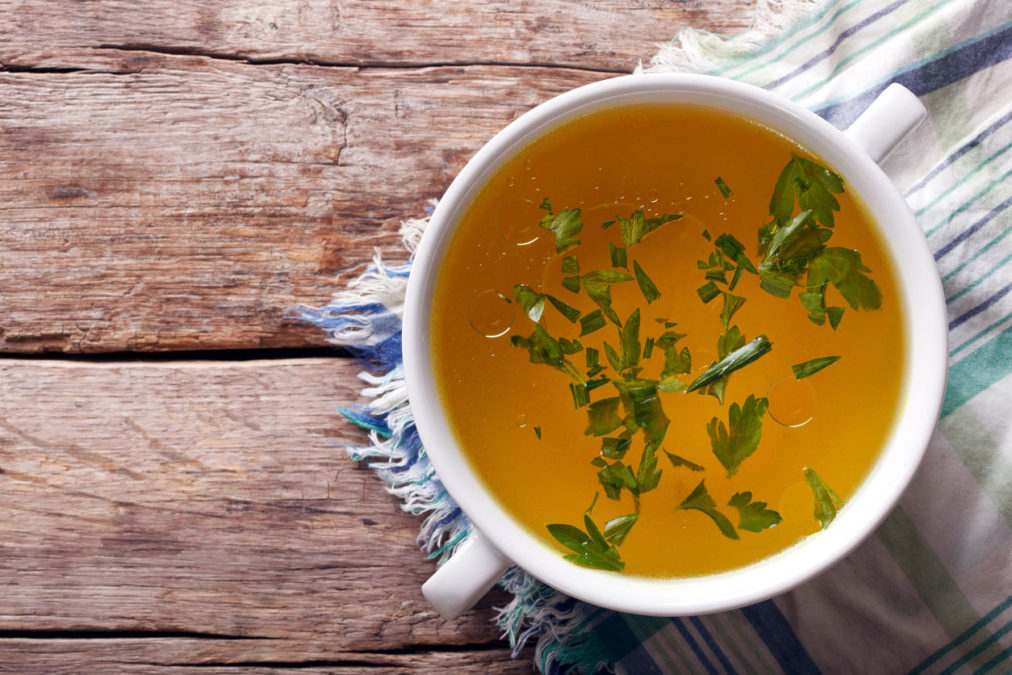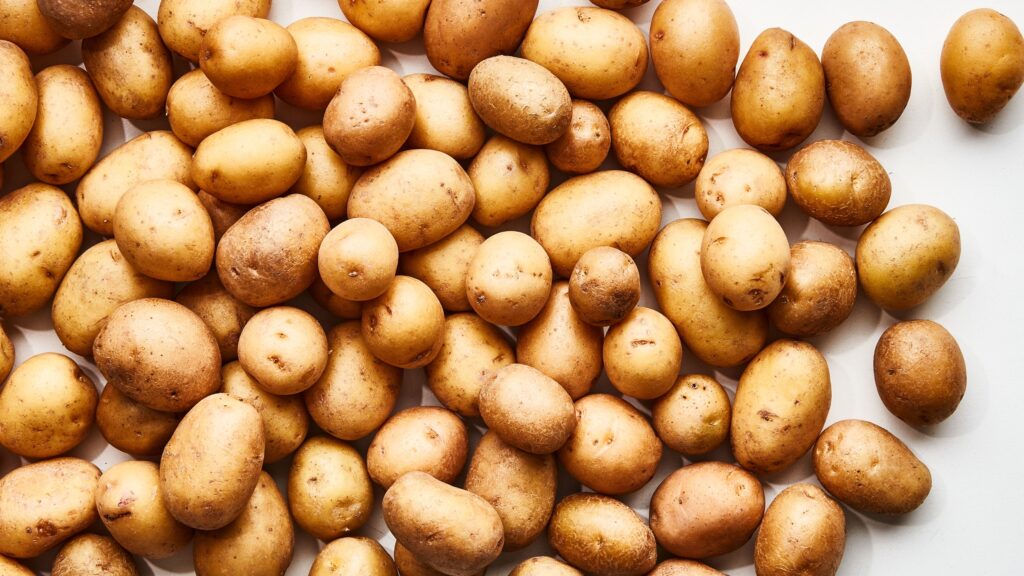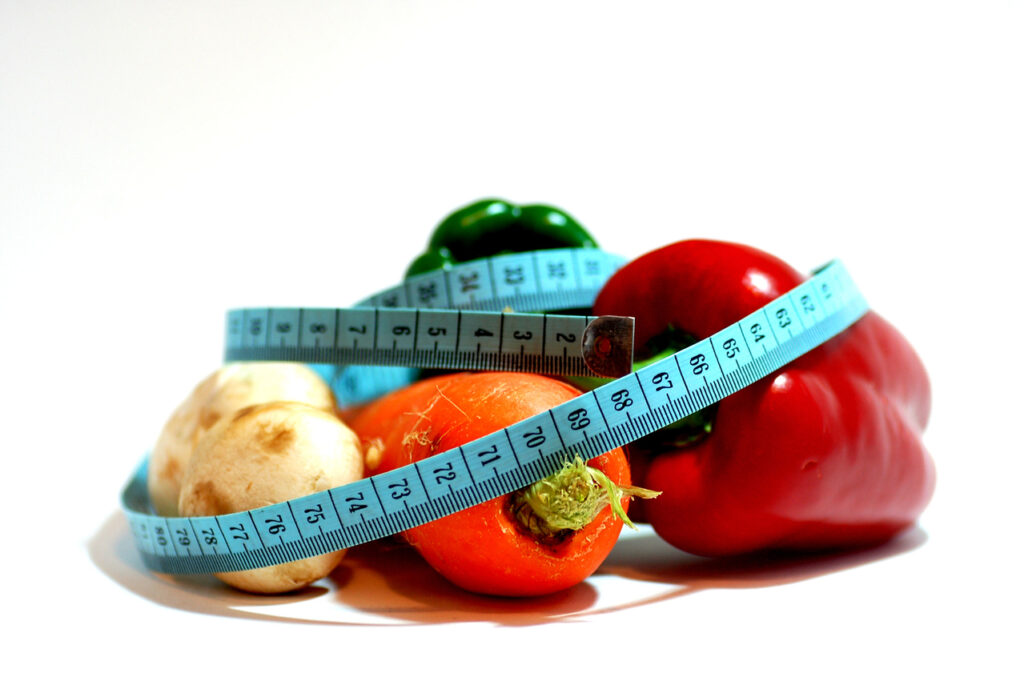Immune-Enhancing Soup

This nourishing soup is a delicious way to naturally boost your immunity. Traditionally prepared in cultures throughout the world, bone broth is easily digested and provides a wealth of nutritional and immune support factors. I myself do not eat meat and promote a 85/15 ratio diet of plant foods to animal foods. When people have […]
Christmas is a Gift for Everyone

When I read the Scriptures account of the birth of Jesus, one thing that stands out is the theme of humility. As I reflect on humility, I realize that it is a gift that offers us enormous personal freedom and possibility. One of my favorite passages in the Bible is the prayer Mary recites when […]
Potatoes: The Humble Food That Tops All Other Super Foods

People love the idea of ‘super foods,’ and I’m commonly asked my thoughts about everything from goji berries to blue-green algae. Some super foods, like chia seeds and coconut oil, are foods that I recommend. Others, like blue-green algae—sourced from a lake polluted by agricultural runoff—are supplements that I obviously do not advise taking. But […]
WHOLE GRAINS, WHOLE PLANET: SUSTAINABLE FOOD IN THE FACE OF CLIMATE CHANGE

Grains are the most important source of food on our planet, providing nearly 50% of the caloric needs of cultures around the world. Fortunately, grains also happen to be among the least intensive foods to produce. Along with environmental sustainability, grains provide significant health benefits. According to the 2015 Dietary Guidelines Advisory Committee, “consistent evidence indicates that, in […]
The Hidden Dangers of Proton Pump Inhibitors (PPIs)

Proton pump inhibitors (PPIs) are among the 10 most widely used drugs in the world. In 2012, there were 157 million prescriptions written for these stomach-acid inhibiting drugs.1 More than likely, either you or someone you know is taking these medications. While PPIs may alleviate the problem of excess stomach acid, many people don’t realize […]
Be Still, and Respond with Kindness

Christmas, Hanukkah, and the Winter Solstice are a good time for reflection and renewal as well as celebration. This year, I invite you to take time to consider the way that you view the world, and how you might shift your thinking to become happier, healthier, more compassionate, and more at peace. In my work, I […]
Seven Easy Ways to Increase Oxytocin: The “Feel Good Hormone”

Sometimes referred to as the “love hormone,” oxytocin is a powerful natural biochemical with physical and psychological effects. Acting as both a hormone (affecting the endocrine system) and a neurotransmitter (affecting the nervous system), oxytocin is well known for enhancing sexual behavior, reproduction, childbirth, breastfeeding, and maternal bonding. Perhaps less well known is the role […]
The ETMS Diet: A Mediterranean-Inspired Diet Customizable for Optimum Health

I’ve spent the past four decades researching and refining the diet that I’ve found best supports health and healing. The Eclectic Triphasic Medical System (ETMS) approach to diet is based on traditional wisdom and supported by scientific research. It is sensible, balanced, diverse, nutrient-rich, and delicious. In my last post, I addressed the currently popular […]
Health Considerations and Consequences of the Ketogenic Diet

I have been involved in the health industry for four decades and in clinical practice for three decades, and have seen every possible variation of supposedly health-promoting diet come and go. Macrobiotic, raw food, fat free, vegan, and high protein diets have been touted as diets for preventing or healing from cancer, most of them […]
